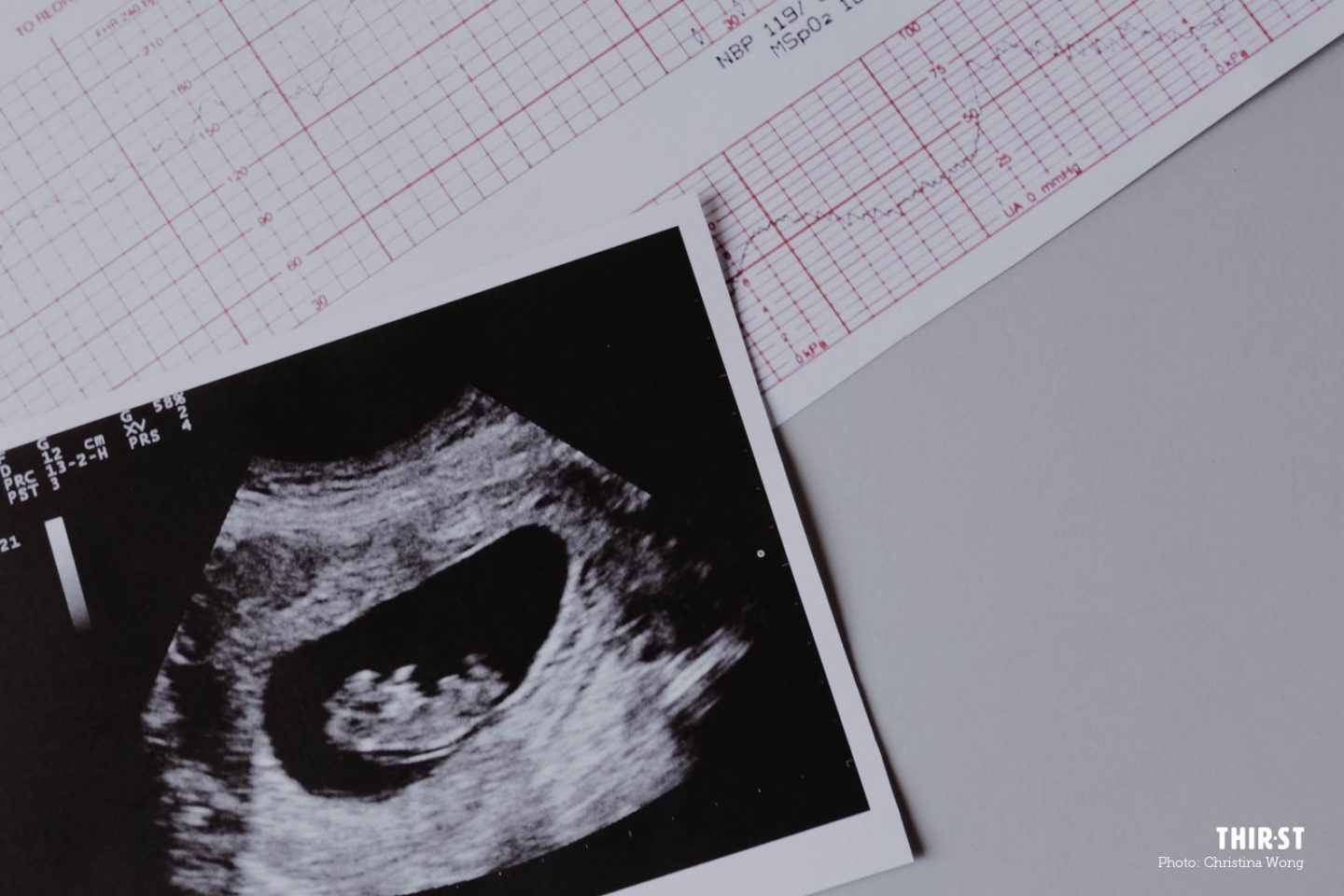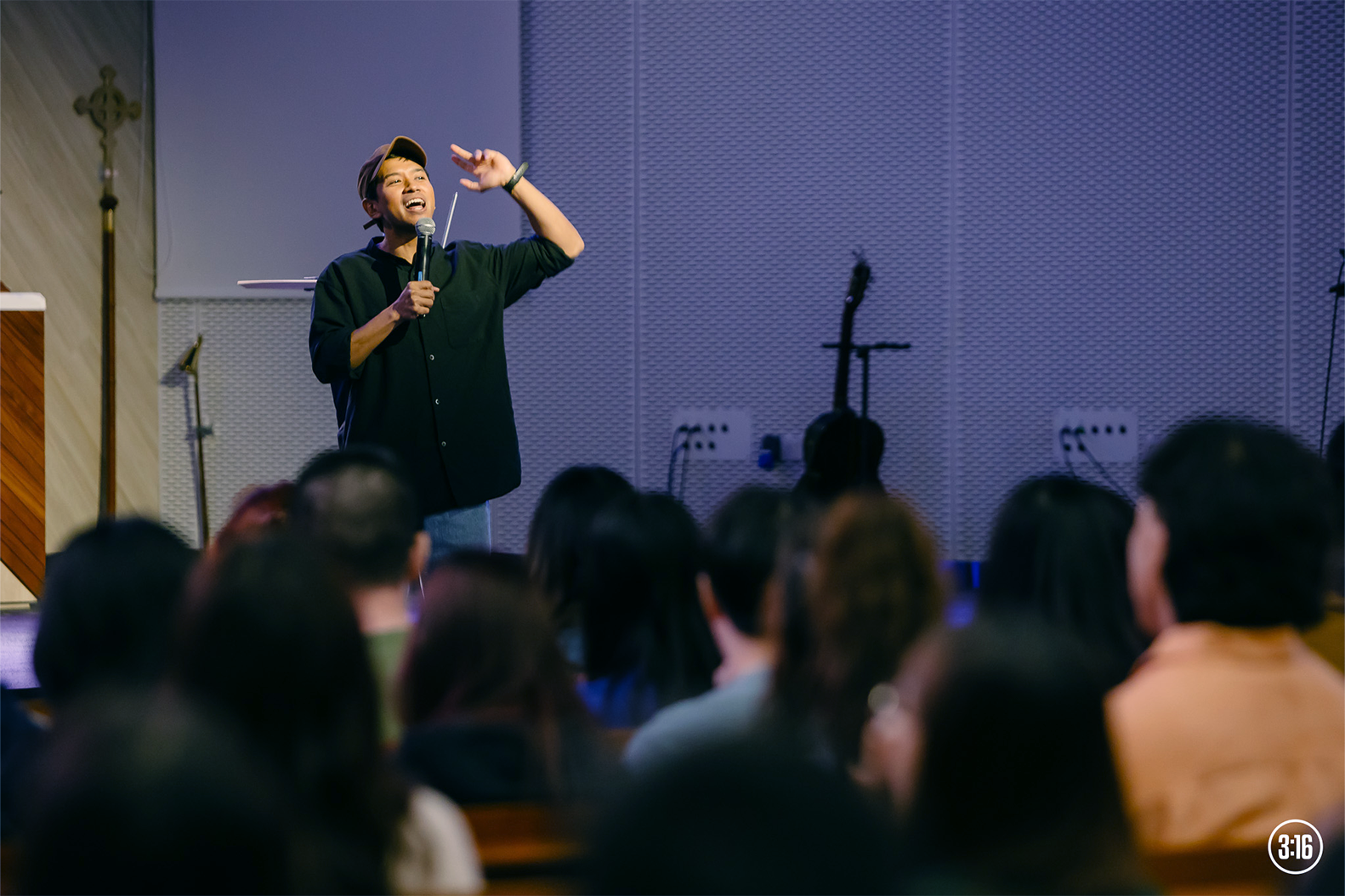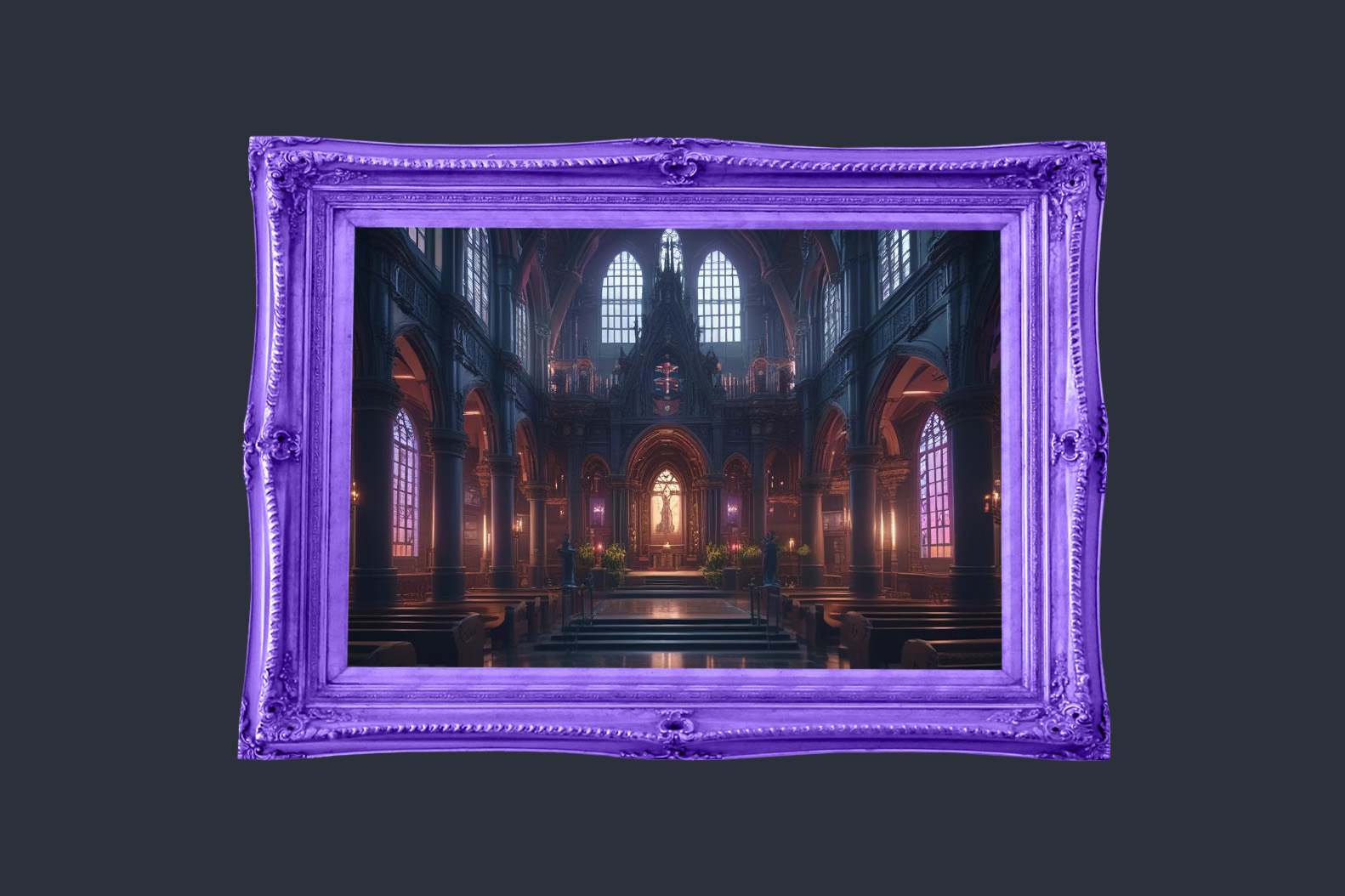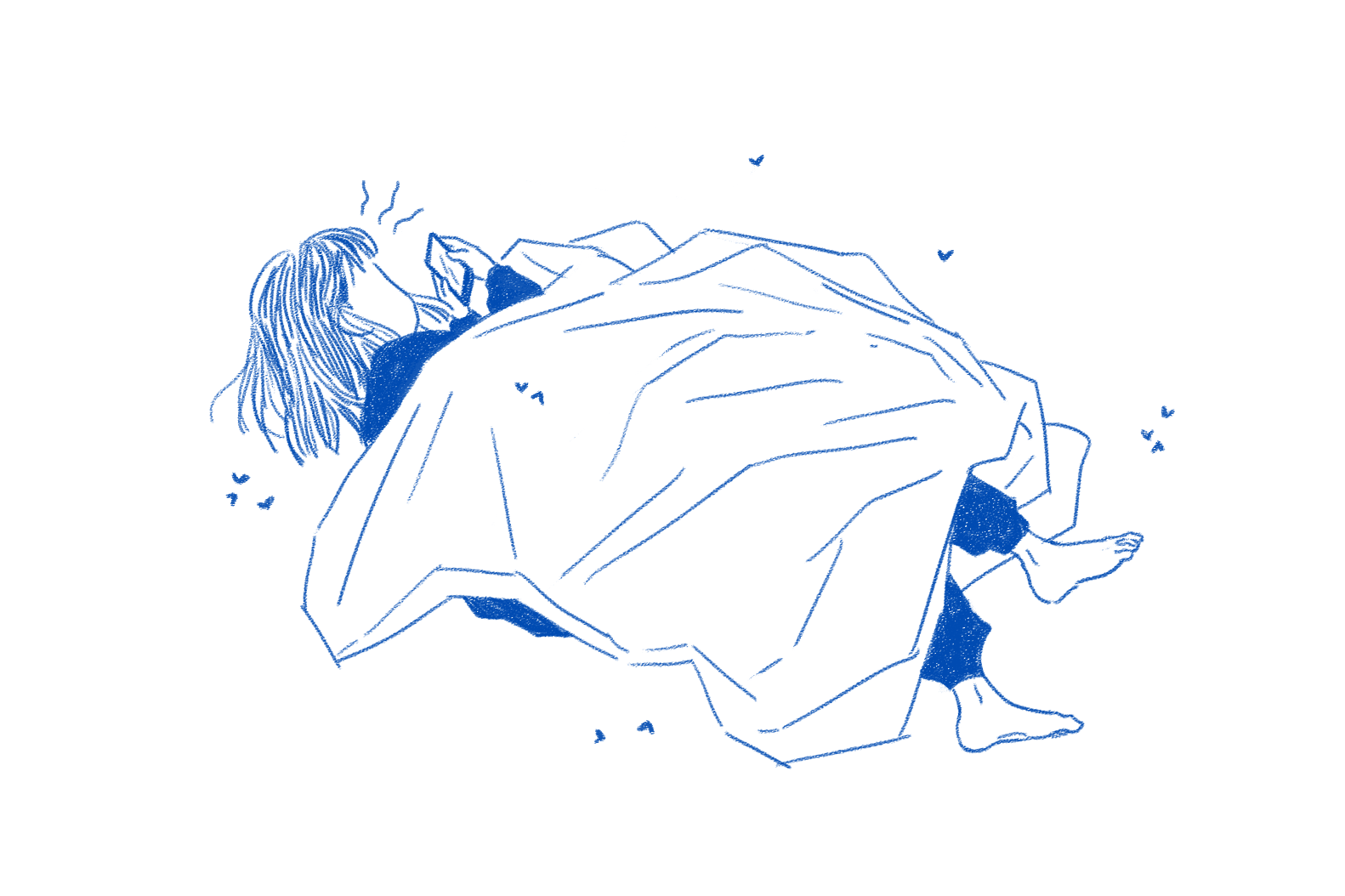For many parents-to-be, finding out the gender of their unborn baby is usually an exciting and touching moment. But not for my parents.
My father really wanted a son. Imagine his disappointment when he found out that the baby in the womb – me – was a girl.
To make things worse, my mother felt insecure in their marriage. Newly relocated to a different country, she wasn’t sure it was the best time to bring a child into the equation. She was depressed and lonely.
She planned to abort me.
I only found out about this when I was around 11 years old, after eavesdropping on a conversation between my mother and a relative.
When I confronted her about this some years later, my mother didn’t shy from admitting it, though she said she wasn’t proud of it.
She was almost 30 then, she said. She was still settling into marriage. She had a job to think about. She wasn’t doing things on impulse.
In the end, she later told me that she just couldn’t bring herself to do it. “I tried to imagine the future that was in store for you. You had a bright future ahead. It would’ve been selfish for me to just live for myself.”
In August 1993, I was born with multiple physical deformities – a club foot and a tumour on my head – due to my position in my mother’s womb and a traumatic labour. My mother said it was one of the saddest days of her life. When she saw me, she was filled with regret.
A LIFE OF SCARS
Knowing I had almost been aborted changed how I lived.
I grew up distant from my father and I don’t recall having ever made any real emotional connection with him when young. For the longest time I didn’t know why. I remember finding the many birthday and Father’s Day cards I’d made for him strewn carelessly around the house or even used as rough paper.
Neglected, unreciprocated. It became the norm for me.
Every time an argument sprang up at home, it would end with, “It’s all because of you.” I was the cause of my father’s unhappiness. I was the cause of my mother’s pain. I was the cause of their marriage falling apart.
I shouldn’t have existed.
I was the cause of my father’s unhappiness. I was the cause of my mother’s pain. I was the cause of their marriage falling apart. I shouldn’t have existed.
It wouldn’t be fair to say that my parents didn’t try their best to bring me up. But unfortunately, I grew into my teenage years conscious that I was an unwanted burden to my parents. So I became extremely introverted. I hated birthday celebrations because, “what for?”
I never really fit in anywhere. I was bullied in school and I spent my childhood trying to meet my parents’ expectations – just so that they could like me more. The better I performed, the more applause I got, if only fleetingly.
At the root of it, it always felt like nothing I did would ever be enough to satisfy them. I was an empty shell. I struggled to find a sense of belonging and a purpose for living.
Maybe I really should have been aborted, I thought.
WHY AM I HERE?
When I was a confused 16-year-old, I visited a church and came to know God.
All my peers were abuzz about which JC or poly they’d wanted to go to, and they all had big dreams for their future. For the first time ever, I started to really ask myself: What more is there to my life?
I didn’t know.
Knowing God didn’t immediately erase away all those years of unworthiness and non-existent self-worth. I didn’t immediately feel purposeful in life, and I definitely didn’t forgive my parents right away. In fact, it actually felt even sadder to know that while I know God is loving and sovereign, I still had to grow up under such painful circumstances.
Why me? Where was God all these years?
I was that cynical young Christian. In my world, God had a plan for everyone, but He forgot about me.
I HAVE A DESTINY OF MY OWN
I looked at God the same way I viewed my parents. They were distant and achievement-oriented, and so was He. In order to win His affection, I would attend cell group and service diligently. Faith to me was purely based on good deeds.
It was only until the recent years that I slowly understood for myself the truth that I am a child of God.
And when I did, for the first time, I felt different. I felt special. I felt loved. Extraordinarily loved.
God said that He knew me (Jeremiah 1:5), even in the womb. He made me wonderfully and fearfully, down to the number of hairs on my head (Matthew 10:30). He goes with me wherever I go (Deuteronomy 31:8). He has never forsaken me (Deuteronomy 31:6).
I came to understand and accept the truth that I am a child of God. And when I did, for the first time, I felt different. I felt special. I felt loved. Extraordinarily loved.
God has a destiny for me. For me!
It’s okay if my parents didn’t welcome me. It’s okay if they saw me as imperfect. It’s okay if I wasn’t good enough for them.
Because I now know: My life isn’t an accident (Psalm 139:16).
THE LONG ROAD OF HEALING
The journey of reconciliation and healing from years of hurt and resentment built up is long and difficult.
There are days when it gets really tough and my mind goes back to that same thought: It would be better if I had been aborted.
But I wasn’t. I was given a chance to live.
When I recently talked to my mother again about the possibility that I had been aborted, she said she was thankful she never went ahead with it. “It might have been the easy way out, but I think it definitely would’ve been lonelier. I’m relieved that you’re still around,” she told me.
Our past can shape who we are today and how we see each other. But I’ve learnt to put away my bitterness towards my parents. My father has long accepted that I’m his daughter, and, like any dad would, has warned me about the male species. My mother now calls me her best friend.
Birth and abortion – it’s not like other choices we may be called to make. It’s life and death. It’s black and white, no greys in between.
You’re here, or you’re not here.









